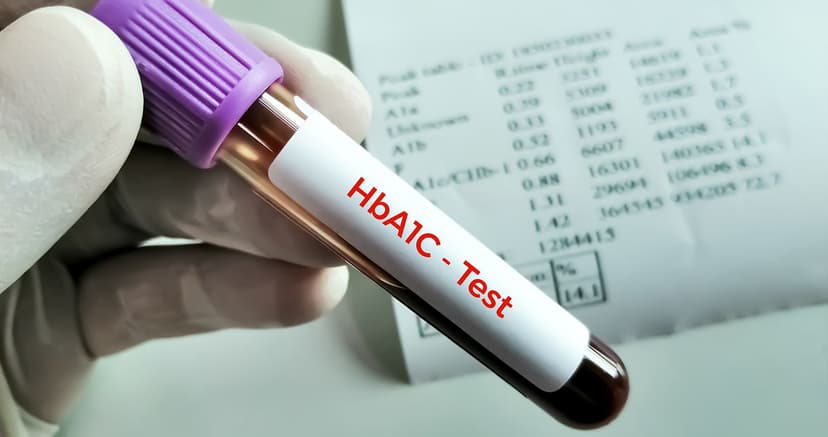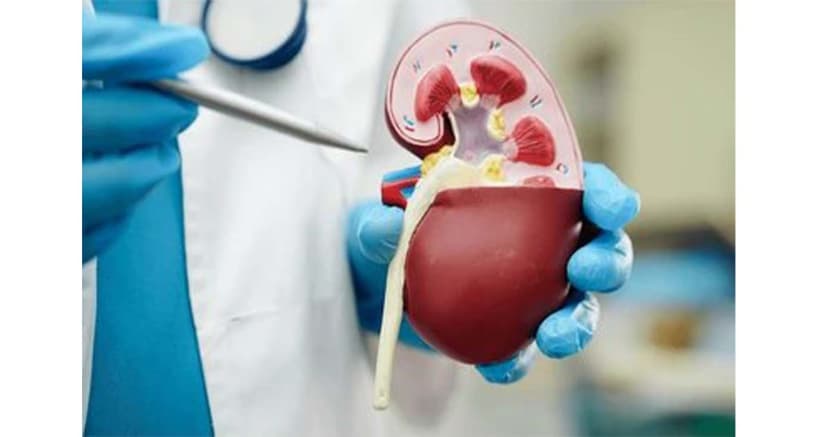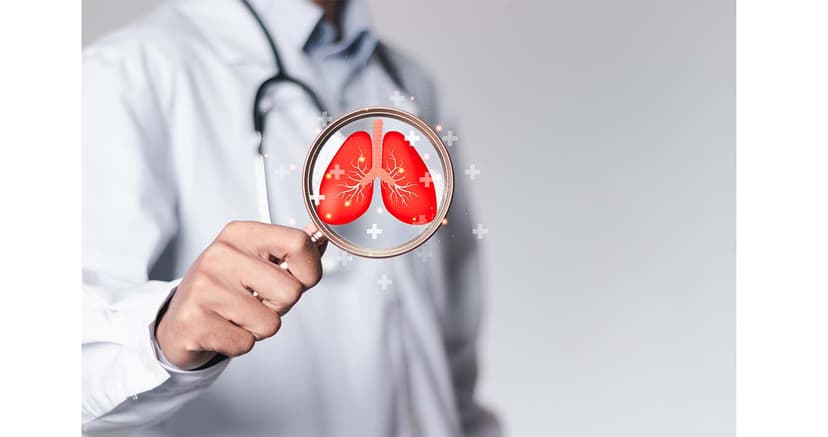Breast Cancer: Why Early Detection is the Key - A Guide for Breast Cancer Awareness Month
By:

Apex Hospitals
06-10-2023 5 Min Read

October is not just the month of falling leaves; it's also Breast Cancer Awareness Month. It is a time to don pink ribbons, share stories of survivors and remind ourselves of the importance of early detection in the battle against breast cancer. It is a month when communities unite to raise awareness about this prevalent disease. This blog will delve into the critical importance of early detection, shedding light on breast cancer, its causes, symptoms, management, and why awareness matters.
Understanding Breast Cancer
Breast cancer is a disease characterised by the uncontrolled growth of cells in the breast tissue. It can affect both men and women, although it's more common in women. While its causes are unclear, several risk factors, including genetics, smoking, lifestyle, and hormonal factors, can increase the likelihood of developing breast cancer.
Breast Cancer Awareness
Breast Care Awareness Month is a powerful reminder of the importance of early detection. It encourages individuals to take charge of their health by understanding the disease, recognising its symptoms, and knowing the risk factors.
Early Detection Saves Lives
Why is early detection so crucial in the fight against breast cancer? Here are some compelling reasons:
- Increased Treatment Options: Detecting breast cancer at an early stage offers a broader range of treatment options, often less aggressive than in advanced stages. These treatments may include surgery, radiation, hormone therapy, and targeted therapies.
- Improved Survival Rates: The five-year survival rate can exceed 99% when breast cancer is caught early. Early detection can mean distinguishing between a curable disease and a more challenging battle.
- Enhanced Quality of Life: Less invasive treatments for early-stage breast cancer come with fewer side effects, shorter recovery times, and a better overall quality of life for patients.
Symptoms and Self-Exams
To facilitate early detection, it's essential to be aware of the potential symptoms of breast cancer, such as:
- A lump or thickening in the breast or underarm.
- Changes in breast size or shape.
- Skin changes on the breast, such as redness or dimpling.
- Nipple changes, including pain or discharge.
Monthly self-exams, in which individuals become familiar with the normal look and feel of their breasts, can help detect any changes promptly. Regular clinical breast exams by a healthcare provider are also crucial.
Breast Cancer Prevention Strategies: Lifestyle Changes and Risk Reduction
While preventing breast cancer entirely may not be possible, specific lifestyle changes and risk-reduction strategies can help lower the risk of developing the disease. Regular exercise, maintaining a healthy weight, limiting alcohol consumption, and avoiding tobacco products are all recommended as part of a healthy lifestyle that promotes breast health.
Additionally, it is essential to be aware of family history and genetic factors that may increase the risk of breast cancer. In some cases, genetic testing may be recommended to identify specific gene mutations associated with an increased risk of breast cancer. Understanding one's risk profile can help guide prevention strategies and facilitate early detection efforts.
Genetic Testing for Breast Cancer: Who Should Consider It?
Genetic testing for breast cancer is a valuable tool that can provide individuals with important information about their risk of developing the disease. It is generally recommended for individuals with a strong family history of breast or ovarian cancer, individuals with a known genetic mutation, or those diagnosed with breast cancer at a young age. At Apex Hospitals, Genetic counselling is often recommended before undergoing genetic testing to ensure individuals fully understand the implications and potential outcomes of the testing process.
Management and Awareness:
When diagnosed with breast cancer, exploring the available treatment options and developing a comprehensive management plan is essential. Treatment options may include surgery, radiation therapy, chemotherapy, targeted therapy, and hormone therapy. The specific treatment plan will depend on various factors, such as the stage and type of breast cancer, individual preferences and overall health.
Supportive care is also a crucial aspect of breast cancer management. This includes emotional support, counselling, and access to support groups or survivorship programs. Breast cancer patients and survivors can benefit significantly from the help of others who have faced similar challenges and the expertise of healthcare professionals specialising in oncology.
Conclusion
Breast Cancer Awareness Month reminds us that early detection is the cornerstone of breast cancer management. By staying informed, recognising symptoms, and undergoing regular screenings, we can improve our chances of detecting breast cancer in its early, more treatable stages. This October, let's unite to raise awareness, support one another, and promote early detection as a powerful weapon in the fight against breast cancer. Your health and the health of your loved ones depend on it.
To consult our experts, book your appointment now.
Related Articles
Connect With Us
Health In A Snap, Just One App.
KNOW MORE
























































































































































